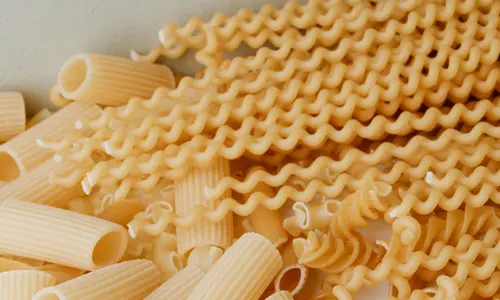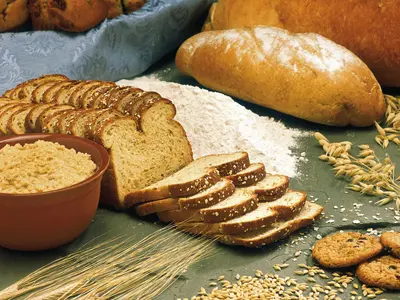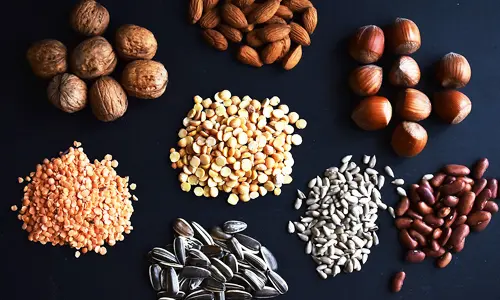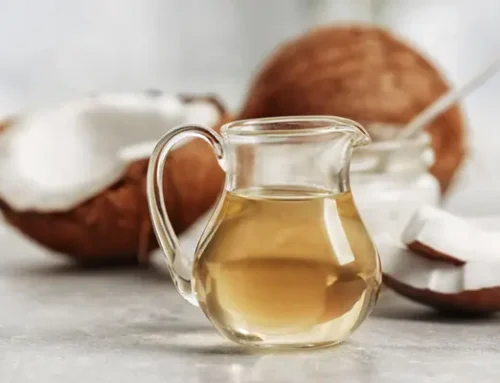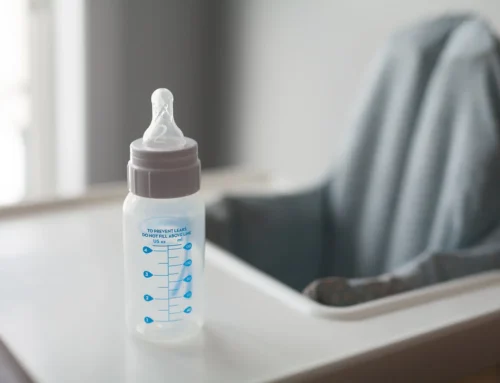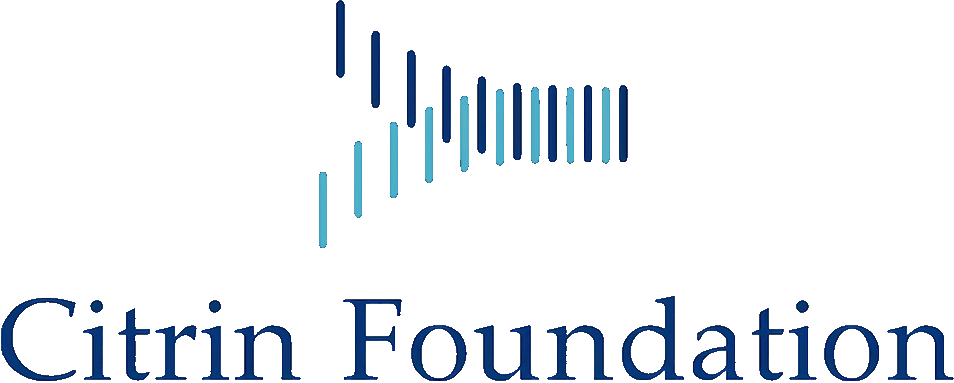There are 3 main nutrients found in food, namely carbohydrates, fats, and protein.
Most people obtain their energy from carbohydrates and after that has been used, they will obtain energy from fat. Compared to carbohydrates and fat, protein is not a very efficient source of energy and is mainly used for building muscles and maintaining body functions.
As citrin deficiency patients cannot consume too much carbohydrates, they may face a potential energy deficiency. This article is a guide to help patients understand the different kinds of nutrients better and offers some tips in eating so that they can be better equipped to deal with the potential energy deficiency that they may experience.
Carbohydrates
Carbohydrates are broken down into glucose and used as the main source of energy for the body. Excess carbohydrates will be stored as fats in the body.
There are three main types of carbohydrates.
Citrin deficiency patients should include a small amount of carbohydrates in their diet as removing them could lead to:
- Fatigue, low judgment ability, low concentration
- Symptoms of hypoglycaemia (low blood sugar) such as exhaustion, sweating, anxiety, dizziness, convulsion, and loss of consciousness
Tips for better eating for patients with citrin deficiency:
- Eat carbohydrates at an amount that is suitable for their body and their needs.
- Choose whole-grain bread, cereal, and brown rice as they contain more energy, fibre, and vitamin B1. These options will also help to slow down carbohydrate metabolism and regulate blood sugar levels.
- Eat multiple small meals to spread out the consumption of carbohydrates in smaller amounts instead of consuming one large meal to prevent the over-consumption of carbohydrates.
- When consuming snacks that are high in carbohydrates, start them in small amounts followed by snacks rich in fat and protein. This will give the body time to recognise and process the intake of carbohydrates.
Fats
Fats are broken down into fatty acids and used as a secondary source of energy for the body. Patients with citrin deficiency use fats as their main source of energy as it is harder for their bodies to process carbohydrates.
There are three classes of fat.
LCTs are longer and need more time to break down into energy. This delay between the consumption of fats and the breakdown of LCTs into energy could cause patients to start exhibiting signs of hypoglycaemia. Additionally, as most citrin deficiency patients are not able to metabolise fats properly, it could also bring about issues with energy conversion for the body.

Comparatively, MCTs are faster and more direct as they can be metabolised immediately and are quickly absorbed by the liver for use as energy by the brain and the body. This could potentially help to alleviate the issue of energy deficiency that may be experienced by citrin deficiency patients.
Additionally, MCT is not typically stored in the body, unlike normal fats, which makes it healthier and a better supplement for citrin deficiency patients to consume. Consuming MCT oil could also reduce the risk of side effects such as high cholesterol.
MCT also delays the absorption of carbohydrates in the body, allowing the liver more time to process the carbohydrate intake. This is especially important for citrin deficiency patients as they have issues metabolising carbohydrates.
Consuming MCT oil when eating carbohydrates may help the overall metabolism of patients.
Unfortunately, MCT oil is not available in most foods. While it can be found in coconut oil, it is also mixed with other fats and thus cannot be equated to consuming MCT oil.
It is recommended that citrin deficiency patients consume MCT oil rather than coconut oil. MCT oil is a purified extraction of coconut oil that does not contain any LCTs or coconut fats. MCT oil only contains MCT which is more targeted for and suited for the diet of citrin deficiency patients.
It is also recommended that patients take MCT with food or other liquid like soup or shakes rather than purely on its own for easier digestion and a more gentle effect on the stomach. It is better to break down the daily intake of MCT into smaller amounts for easier digestion. Too much consumption of MCT at one go may cause stomach upset or irritable bowel.
Aside from the classification of fat, fat can be classified by fatty acid construction:
Tips for better eating for patients with citrin deficiency:
- Add MCT oil to your salads, milkshakes, soups, protein shakes, and more to reap its benefits and for easier consumption instead of taking it on its own. Break down your MCT consumption into smaller amounts over the day
- Snack on avocado, nuts, etc as a source of healthy fats.
Protein
Protein is broken down into amino acids and regulates the body’s organs and tissues. Protein can be used as energy if there are not enough carbohydrates and fats in the body. Excess protein will be stored as fats in the body.
There are two main types of protein.
While animal proteins are the highest quality of protein sources, it is still possible to get a good source of protein from plants and vegetables which contain rich minerals and vitamins.
Examples of pairing for plant proteins:
- Pasta and peas
- Black bean and crackers
- Whole wheat bread and peanut butter
Tips for better eating for patients with citrin deficiency:
- Add legumes such as chickpeas or edamame to your meal for more protein.
- Eat a variety of vegetable protein throughout the day for a better profile of protein and other nutrients.
Conclusion
Citrin deficiency patients should try to maintain a suitable and well-managed diet that consists of the appropriate portion of protein, fats, and carbohydrates, according to each individual’s needs, and supplement their diet with MCT oil as necessary.
A well-managed diet will prevent them from developing symptoms of:
- Hypoglycaemia
- Fatigue
- Liver disorders
- Other conditions related to citrin deficiency
There are medical treatment guidelines for citrin deficiency available. Kindly refer to them in addition to consultation with respective doctors and dieticians to decide which type of diet would suit the patient best.
Patients are also advised to consult their doctor and dietitian periodically to check their condition and revisit their diet.

